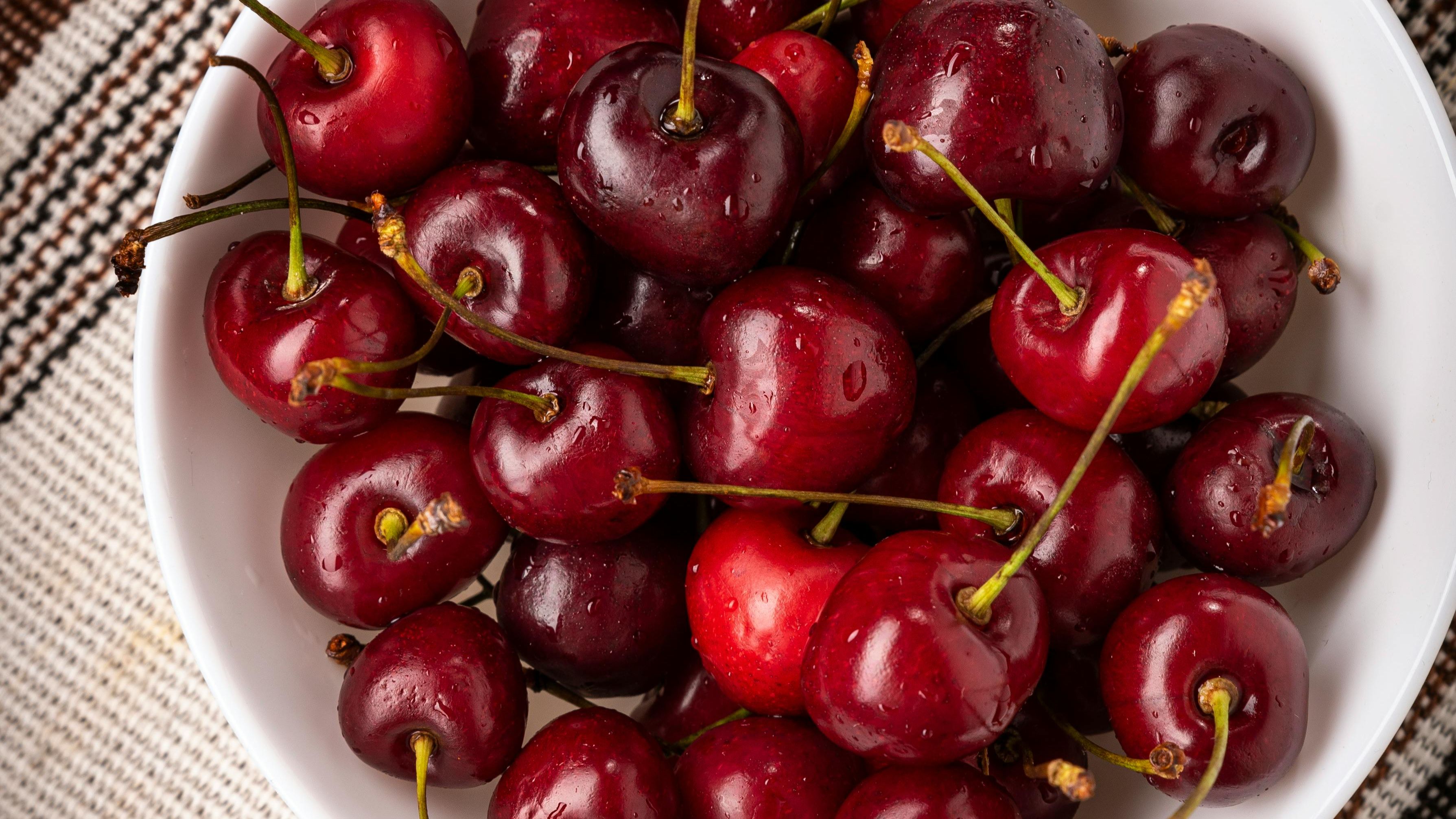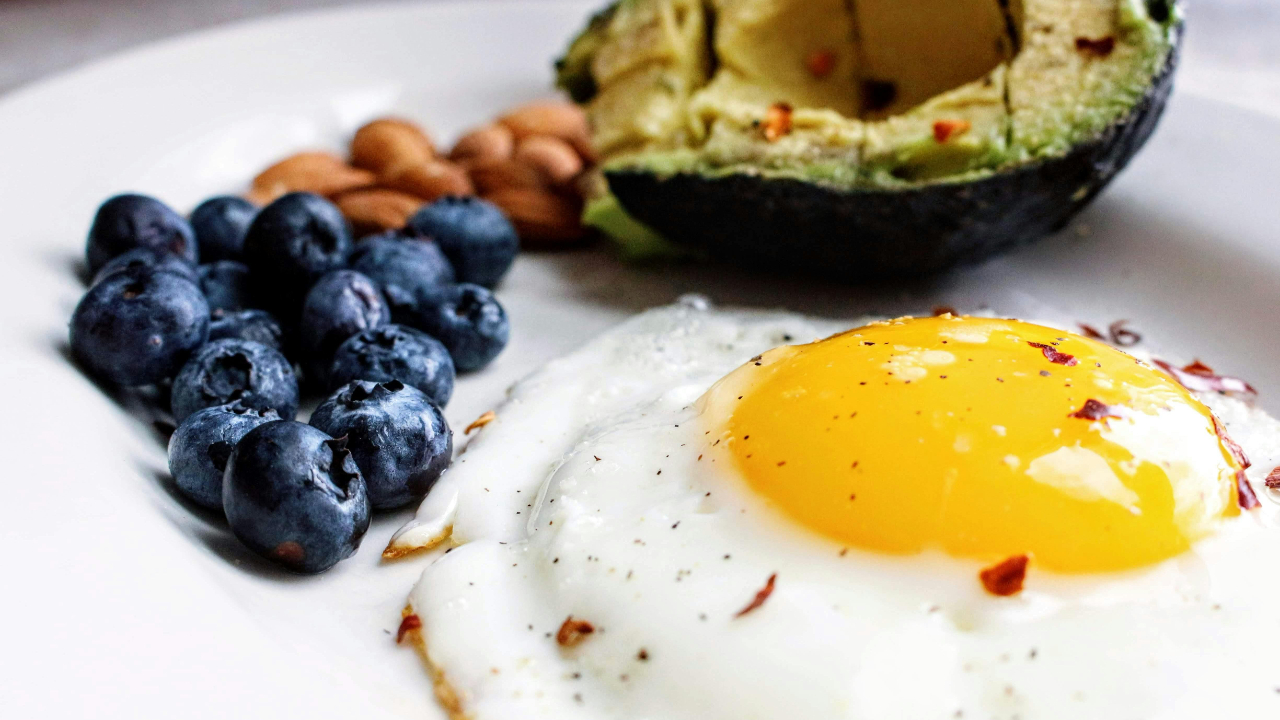Simple Sugars and GI Distress
Aug 04, 2023
I have been educating quite a bit of athletes this year about GI distress and with good reason. Did you know that between 30-90% of endurance athletes experience GI distress? Crazy high and quite honestly, it doesn’t need to be. Unfortunately, many athletes who may experience GI distress only focus on their sports nutrition products or nutrient timing protocol and not the true cause of the problem - their gut and the impact of daily nutrition. In this newsletter, I will highlight the link between simple sugars, both in sports nutrition products but also in meals and snacks, and GI distress.
Simple sugars, also known as monosaccharides and disaccharides, are a type of carbohydrate that consists of one or two sugar molecules. Common examples include glucose, fructose, sucrose (table sugar), lactose (milk sugar) and maltose. These sugars are found naturally in various foods, such as fruits (fructose), milk (lactose) and honey (a combination of glucose and fructose).
While moderate consumption of simple sugars can be well-tolerated by most athletes, excessive intake can lead to the following GI distress symptoms:
-
Rapid fermentation - in the presence of excessive simple sugars, gut bacteria can ferment these sugars rapidly, leading to an increased production of gas. This fermentation process can cause bloating, flatulence and discomfort.
-
Osmotic effect - some simple sugars, like lactose and fructose, can exert an osmotic effect in the intestines, drawing water into the bowel and potentially causing diarrhea, particularly in athletes with lactose intolerance or fructose malabsorption.
-
Gut microbiome disruption - excessive consumption of simple sugars can alter the composition of the gut microbiome, promoting the growth of potentially harmful bacteria. This imbalance may contribute to gut inflammation and increase the risk of GI disorders.
-
Hyperglycemia and insulin response - simple sugars can cause rapid spikes in blood sugar levels, leading to increased insulin production. Over time, this can contribute to insulin resistance and potentially impact digestive health. You have heard me discuss this quite a bit surrounding the topic of Metabolic Efficiency Training
Sounds pretty detrimental doesn’t it? Yet, athletes continue to over-consume simple sugars. I urge you to take a look at your daily nutrition and really focus on consuming less “added” sugars in particular. Here are some other tips to reduce simple and added sugars:
-
Eat more whole foods - choose whole foods that contain natural sugars, like fruits and vegetables, which also provide essential nutrients, fiber and antioxidants that support digestive health.
-
Limit “added” sugars - minimize the intake of foods and beverages with added sugars, such as sugary drinks, desserts and processed snacks. Read food labels to identify hidden sugars in packaged products.
-
Include fiber - combine simple sugars with high-fiber foods to slow down their absorption and minimize the impact on blood sugar levels.
The association between simple sugars and GI distress highlights the importance of mindful sugar consumption for a healthy digestive system. By being aware of sugar intake, choosing whole foods, and balancing sugary treats with nutrient-rich options, athletes can promote better gut health, reduce GI distress and improve overall well-being. A balanced and thoughtful approach to sugar consumption can pave the way to a more successful journey to eliminating GI distress.
SUBSCRIBE AND WE WILL DROP SOME HEALTHY INSPIRATION IN YOUR INBOX
We hate SPAM. We will never sell your information, for any reason.







